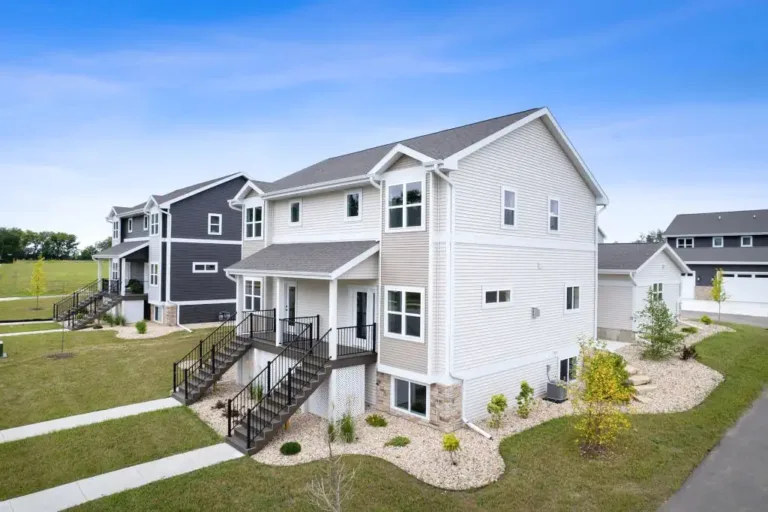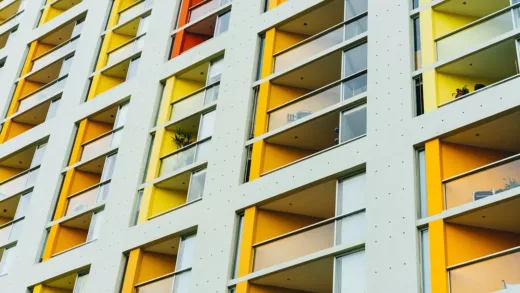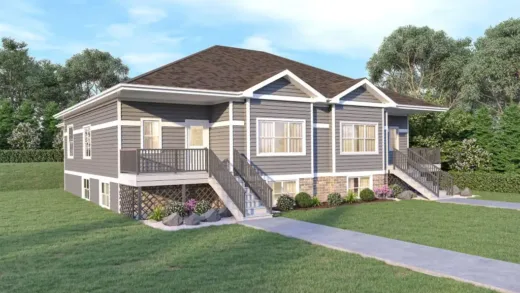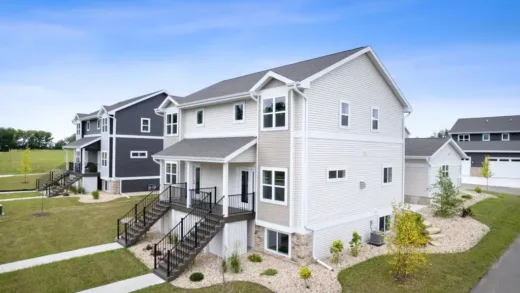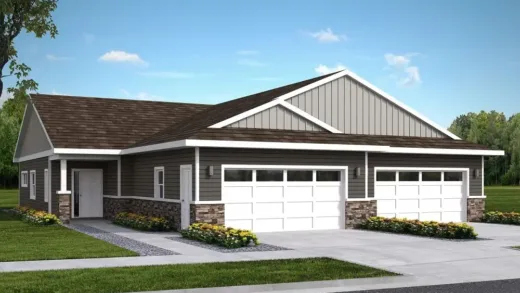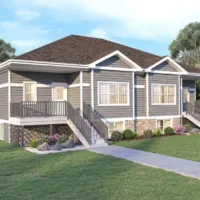Living in a condo can be a unique and rewarding experience, offering the convenience of shared amenities and a sense of community.
However, the close quarters and shared spaces that come with condo living also mean that disputes with neighbors can arise. Whether it’s a noise complaint, disagreements over shared facilities, or other common issues, handling these conflicts effectively is key to maintaining a harmonious living environment.
This guide provides practical advice on resolving disputes with neighbors in a condominium setting, addressing various types of conflicts, and offering strategies to achieve amicable solutions.
Contents
Understanding Common Condo Disputes
Before diving into conflict resolution strategies, it’s essential to understand the types of disputes that commonly arise in condominium settings. These disputes often fall into a few categories:
- Noise Complaints: This is one of the most frequent issues in condos. From loud music to late-night parties, noise can disrupt your peace and quiet.
- Shared Facility Issues: Problems can arise over the use of shared amenities like pools, gyms, or laundry rooms. Disputes may occur over booking times, cleanliness, or maintenance responsibilities.
- Parking Problems: Parking spaces can be a source of tension, especially if assigned spots are not respected or if there are disputes over visitor parking.
- Maintenance and Repairs: Issues related to the maintenance of common areas or repairs needed in individual units can lead to disagreements.
- Pet Problems: Pets can be a contentious issue, especially if there are rules regarding pet ownership and some residents do not follow them.
General Tips for Handling Disputes
Regardless of the type of dispute, there are some general principles to keep in mind:
- Stay Calm and Respectful: Approaching the situation with a calm and respectful attitude is crucial. Aggression or frustration can escalate the situation rather than resolve it.
- Document Everything: Keep a record of the issue, including dates, times, and any communications with the neighbor or condo association. Documentation can be helpful if formal resolution processes become necessary.
- Communicate Directly: If you feel comfortable, address the issue directly with your neighbor. Sometimes, a polite conversation can clear up misunderstandings and lead to a quick resolution.
- Know the Rules: Familiarize yourself with your condo association’s rules and regulations. Knowing these can help you understand your rights and obligations, as well as those of your neighbors.
- Seek Mediation: If direct communication doesn’t work, consider involving a neutral third party, such as a mediator. Mediation can help facilitate a constructive discussion and assist in finding a mutually agreeable solution.
Resolving Specific Types of Disputes
1. Noise Complaints
Approach:
- Document the Issue: Note the times and nature of the noise disturbances. This documentation can be helpful if you need to escalate the issue.
- Speak to the Neighbor: Try to address the issue calmly and politely with the neighbor causing the noise. They may not be aware of how disruptive they are being.
- Check Association Rules: Review your condo association’s noise regulations. If the noise violates these rules, you can cite them when discussing the issue with your neighbor.
- Involve the Condo Association: If the problem persists and direct communication fails, file a formal complaint with the condo association. They can intervene and enforce the rules.
Tips for Success:
- Use polite language and avoid making accusations.
- Suggest practical solutions, like reducing the volume or adjusting the timing of noisy activities.
2. Shared Facility Issues
Approach:
- Understand the Rules: Familiarize yourself with the rules regarding the use of shared facilities. This includes booking procedures, maintenance responsibilities, and usage guidelines.
- Discuss with Neighbors: If you encounter issues with shared facilities, discuss them with your neighbors in a friendly manner. For example, if someone is not cleaning up after themselves, a polite reminder might help.
- Report Issues: For issues related to facility maintenance or repairs, report them to the condo management or maintenance team. Ensure you provide details and any evidence to support your request.
- Suggest Improvements: If you notice recurring issues, suggest improvements or changes to the condo board. They may be open to making adjustments that benefit everyone.
Tips for Success:
- Be specific about the problem and its impact on you and others.
- Propose reasonable solutions and be open to compromise.
3. Parking Problems
Approach:
- Know the Rules: Understand the condo association’s parking policies, including assigned spots, visitor parking, and any restrictions.
- Address the Issue: If someone is parking in your assigned spot or violating the rules, address the issue directly with the individual if possible.
- Involve the Condo Association: For persistent parking issues, file a complaint with the condo association. They can enforce parking regulations and address the problem formally.
Tips for Success:
- Provide evidence of the parking violation if needed.
- Be clear about how the parking problem affects you and suggest potential solutions.
4. Maintenance and Repairs
Approach:
- Communicate Early: If you notice a maintenance issue that affects your unit or a shared area, report it to the condo management as soon as possible.
- Follow Up: If repairs are not completed in a timely manner, follow up with the management. Keep records of all communications and requests.
- Understand Responsibilities: Know who is responsible for different types of maintenance and repairs. This can help clarify expectations and avoid misunderstandings.
Tips for Success:
- Be patient but persistent in following up on maintenance requests.
- Clearly document the issue and any communications with the management.
5. Pet Problems
Approach:
- Know the Pet Policies: Review the condo association’s pet policies, including any restrictions on the number, size, or type of pets.
- Address Violations: If a neighbor’s pet is causing problems, such as excessive noise or damage, address the issue directly and politely. Remind them of the condo’s pet policies if necessary.
- Report Issues: If the problem persists and direct communication doesn’t resolve it, report the issue to the condo association. They can enforce pet policies and take appropriate action.
Tips for Success:
- Be respectful and understanding, as pets are important to many people.
- Focus on specific issues rather than making general complaints about pets.
Final Thoughts
Handling disputes with neighbors in a condominium setting requires a combination of effective communication, understanding of rules, and a willingness to find common ground. By staying calm, documenting issues, and using the resources available through your condo association, you can address conflicts in a constructive manner. Remember that maintaining a positive relationship with your neighbors and fostering a cooperative community atmosphere benefits everyone and contributes to a more enjoyable living experience.
In conclusion, while disputes are an inevitable part of condo living, they can often be resolved amicably with the right approach. By following these strategies and keeping open lines of communication, you can navigate conflicts successfully and contribute to a harmonious and pleasant condominium community.
